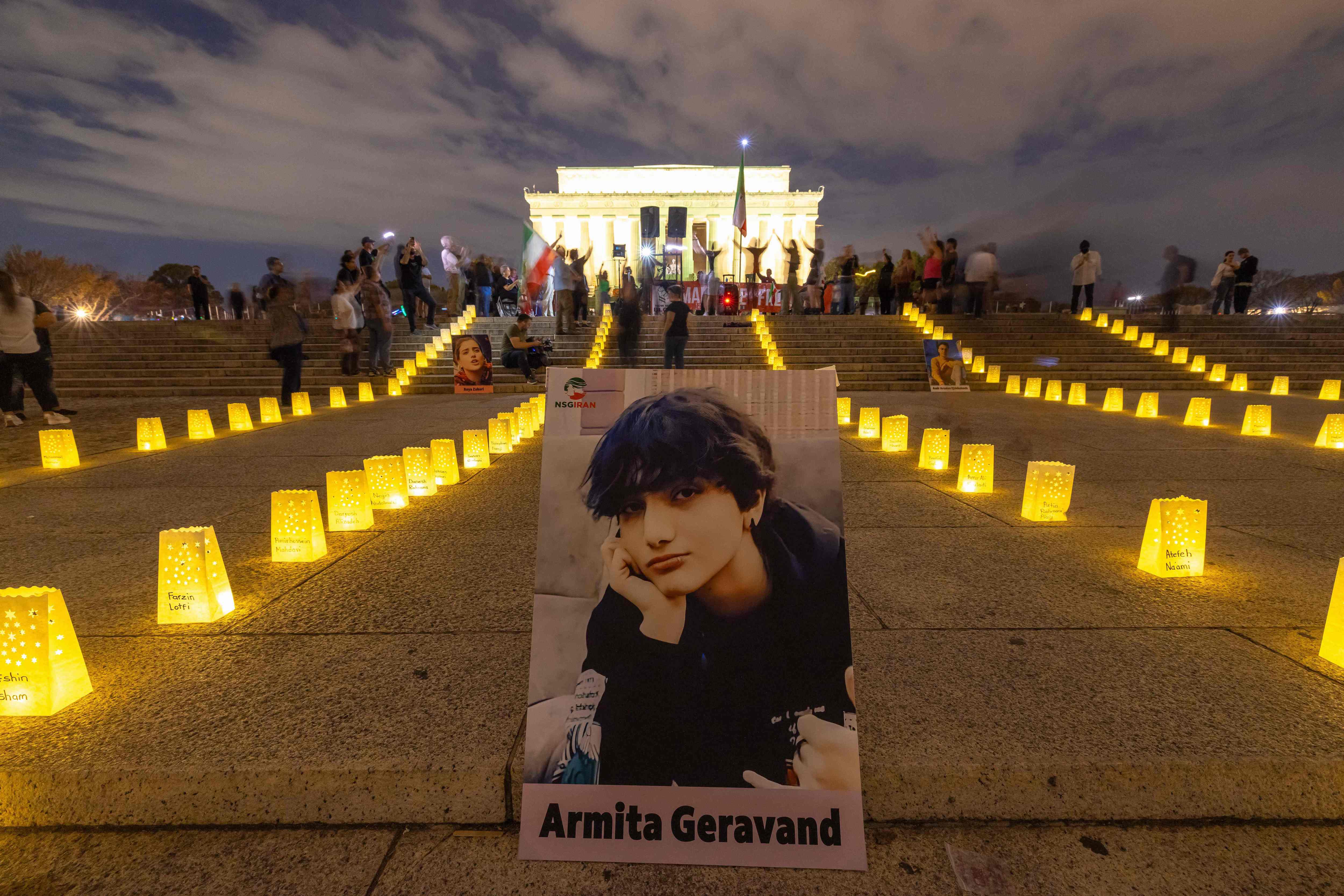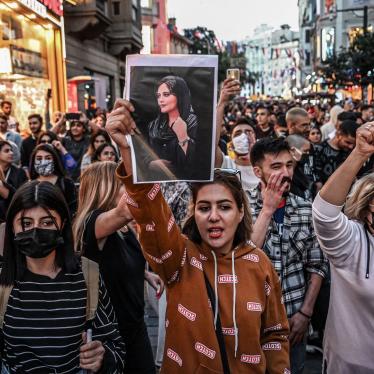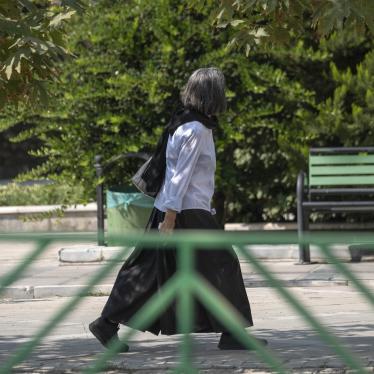Armita Garawand, a 17-year-old high school student, was reported dead on October 28 by Iran's state-run Islamic Republic News Agency (IRNA) and multiple independent news outlets.
On October 1, several media outlets reported that Armita fell, unconscious, on the platform of Tehran's Shohada metro station after being assaulted for not wearing a headscarf by an enforcer of compulsory hijab laws. She was taken to a hospital where she remained in a coma for 28 days. Security forces at the hospital prevented visitors and others from recording videos. They also reportedly prevented the girl’s family and friends from speaking to independent media outlets.
During her October 29 burial, authorities reportedly assaulted mourners and arrested dozens of people, including human rights lawyer Nasrin Sotoudeh. Reza Khandan, Sotoudeh’s husband, said that as of October 31, at least 23 women protesters remain detained in Qarchack prison in southern Tehran.
Journalists have faced reprisals for reporting on Armita’s situation. On October 2, authorities briefly arrested Maryam Lotfi, a reporter with Shargh Daily newspaper, who was reporting from the hospital. On October 28, after Armita’s death, Fars News reported that the prosecutor’s office charged journalists Milad Alavi and Sara Masoumi, political commentator Sadegh Ziba Kalam, and others “for claiming Garawand was assaulted.”
Authorities said Armita fell due to a “sudden drop in blood pressure,” and on October 5 and 6, IRNA published interviews with her parents and classmates, as well as those who they said were present at the scene, supporting the government narrative. The outlet also published a video of Armita and her friends walking to the train and Armita falling near the train moments after entering.
Iran’s official news outlets have a long history of parading critics of the government and their family members on national TV, where they are forced to make so-called “confessions” or public statements.
Iranian authorities have repeatedly made false claims to cover up serious abuses.
Last September, the death in custody of 22-year-old Mahsa Jina Amini led to nationwide anti-government protests that authorities brutally repressed, including by killing and torturing children. For decades, Iranian authorities’ violent enforcement of compulsory hijab laws has harmed women and girls.
An independent investigation, including by the United Nations Independent International Fact-Finding Mission, is essential to shed light on Armita Garawand’s death. Concerned governments should press Iranian authorities to allow investigators, human rights defenders, and journalists to speak to witnesses of abuses directly without fear of reprisals.










